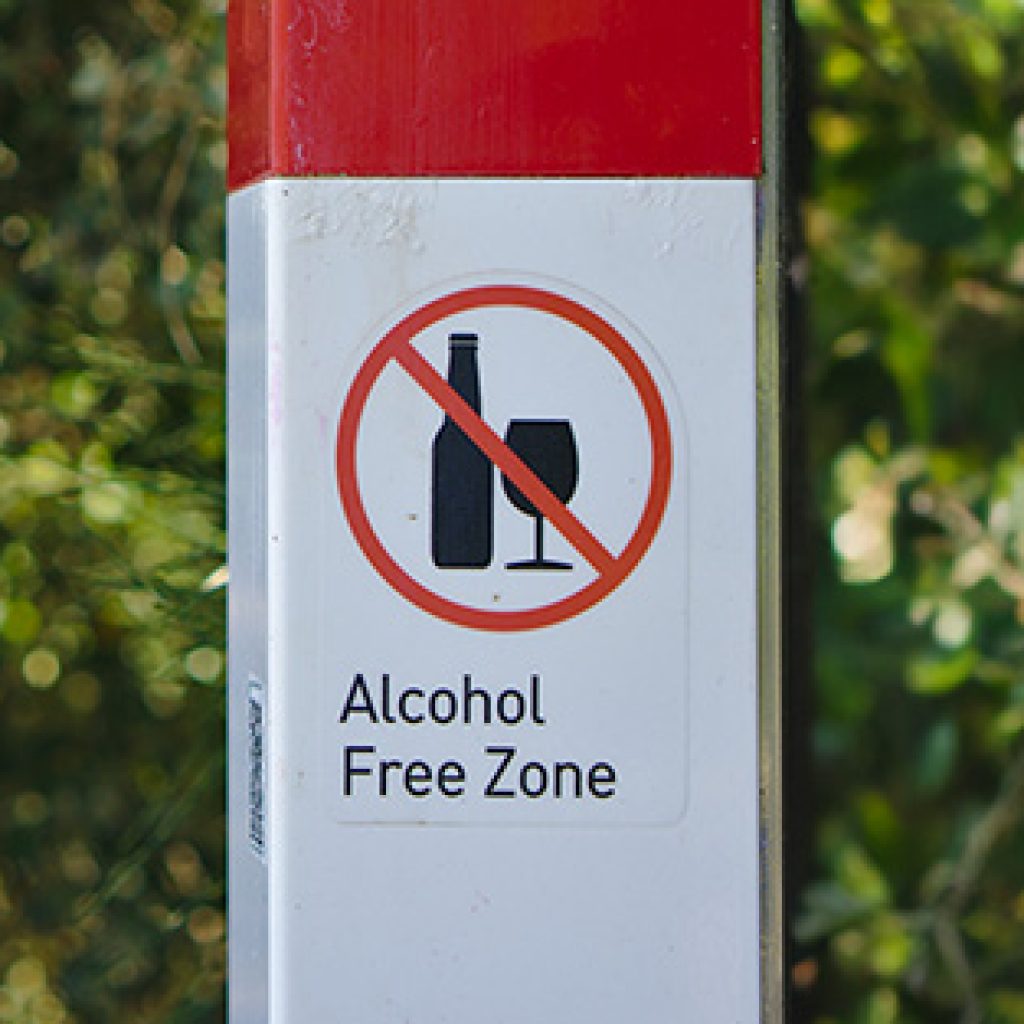Gambling Disorder: An Important Issue for Military Veterans
Gambling Disorder: An Important Issue for Military Veterans
This blog post follows up on two earlier posts in the Catalyst blog about Gambling Disorder (GD). The first post, What Are the Odds Your Mental Health Client in Nevada Has a Gambling Problem? Or: Pathways to Gambling Disorder: Why Screening and Assessment of All Behavioral Health Clients is So Important, discussed facts about gambling in Nevada, predictors of GD that have shown up in recent research, studies showing the high rate of related conditions that co-occur with GD, and the importance of screening new AND existing clients for GD. A second post during Problem Gambling Awareness Month 2020, Problem Gambling Awareness Month 2020: A Toolkit and Tips for Behavioral Health Professionals, encouraged behavioral health providers to advocate for awareness and action for people with GD, focusing on the high correlation of GD with other behavioral health disorders and provided links to a variety of screening tools and other resources for use with clients and their families. This post dives deeper into one of the populations at high risk for GD: military veterans.
Military Veterans and Disordered Gambling
GD is described in one study as “a debilitating mental illness characterized by persistent patterns of dysregulated gambling behaviors that negatively affect life domains such as social relationships, personal well-being, financial well-being, employment, and legal issues” (Grant & Kim, 2005). In addition to diagnosable Gambling Disorder, conditions that do not meet the full criteria for diagnosis, yet contribute to many problems in people’s lives, include problem or at-risk gambling (Etuk et al., 2020). Among US adults the lifetime prevalence of GD ranges from 0.4 to 1.6% and the range for problem gambling is 1.0 to 4.0%. Veterans, people “who served in the active military, naval, or air service and who were discharged or released under conditions other than dishonorable” have lifetime rates of GD of around 2.0%, and lifetime rates of problem or at-risk gambling are as high as 9.0% (Etuk, et al., 2020).
A recent study sought to review study findings on GD and problem gambling among US military veterans for the purpose of highlighting current concerns about the impact of both on the family and personal lives of military veterans (Etuk, et al., 2020). Existing regulations require medical screening questions for gambling disorder to be incorporated into annual health assessments for members of the armed services. Although research has shown that this is an issue not confined only to US veterans, Etuk and colleagues examined US military veterans and active-duty personnel only by reviewing published literature on “rates, correlates, comorbidities, treatment, and genetic contributions to US veterans’ gambling behaviors” and are intended to contribute to development of US federal policies for the identification and treatment of GD among military populations (Etuk, et al., 2020). A total of 39 studies were included in the results.
The study found a variety of gaps in knowledge in existing literature about GD in veteran populations and gaps in population-specific treatment approaches. The gaps and recommendations for bridging them have been paraphrased for brevity and were identified as:
- Stigma of diagnosis: Fear of discharge or punishments from superiors even into their civilian lives prevented treatment seeking. Recommendations: Policy changes, improved privacy for active and veteran military undergoing treatment and investigation of additional barriers.
- Lack of rates, screening, underdiagnosis: Lack of screening, assessment, and brief interventions. Recommendations: Encourage screening and assessment, especially for those who present with mental health conditions due to high rates of comorbidity, such as mood disorders, PTSD, substance use disorder, or other psychiatric disorders.
- Gambling availability on military bases: the effects of the availability of on-base gambling has not been studied to identify potential effects. Recommendations: Further study is warranted to look at the impact of availability on the development of GD.
- Demographic differences: Differences in rates of development for age, race/ethnicity, and gender have not been studied and are not known. Recommendations: Studies are needed to inform prevention and interventions.
- Non-US military veterans: International studies have shown this problem is not specific to the US. Recommendations: More research is needed to examine cultural differences in veterans with GD to inform prevention and treatment interventions for military veterans.
- Longitudinal data: Longitudinal studies have not been done. Recommendations: Use of longitudinal studies will identify risk and protective factors for GD among veterans and track the course of GD symptoms over time.
- Treatment effectiveness: There is limited research on treatment modality effectiveness among veterans and no treatment specific to veterans. Recommendations: Research of veterans with GD and co-occurring disorders will inform evaluation of effectiveness of treatment modalities and aid in the development of treatment specific to military veterans (Etuk, et al., 2020).
What Can Behavioral Health Providers Do in The Absence of Definitive Research?
The development of a research base that can serve as a foundation for both prevention and treatment interventions for GD among military veteran populations will take time, and that is not great news. At the same time, there is much that behavioral health providers can do in the meantime. First, understand the very high rates of co-occurring disorders among all people with GD and the increased risk and rates of prevalence among active military and military veterans and screen accordingly. Additional tips are included in the February 12, 202 blog post: What Are the Odds Your Mental Health Client in Nevada Has a Gambling Problem? Or: Pathways to Gambling Disorder: Why Screening and Assessment of All Behavioral Health Clients is So Important.
Another good approach is to find training to become as informed as possible about gambling among military veterans and to become culturally competent when treating military veterans. A place to start might be to read the Catalyst blog post for April 1, 2020, Military Cultural Competence: An Overview And Resources For Serving Those Who Have Served In The Military. This post describes some of the elements of military culture, its history, and suggestions for applying knowledge of military culture to the provision of treatment for veterans with GD. The article also provides links to materials and websites that provide information and training on military culture. Additional resources and links can be found on the CASAT OnDemand Resources & Downloads page.
On June 12, 2020 CASAT Training is offering a live webinar training with presenter Shane Karus, PhD.: Gambling Problems in US military Veterans. The webinar will review current and relevant studies, and case vignettes of veterans with gambling disorder and other mental health disorders will be shared and discussed. Data collected from two VA studies will be used to guide the discussion. Other topics will include ways of engaging veterans into care with problem gambling, data on screening for at-risk/problem gambling from two VA studies, and strategies for effective screening when working with veterans and non-veterans. The Learning Objectives for this webinar include:
- Review co-occurring mental health disorders associated with Gambling Disorder among military veterans.
- Identify barriers to military veterans getting help for their gambling problem.
- Discuss screening and treatment approaches for treating veterans with Gambling disorder.
CASAT Training also offers the following gambling related trainings:
- Gambling and Opioid Use Disorder: Intersections and Integration – Live webinar on June 16, 2020
- Gambling Disorder Overview – Live webinar on June 18, 2020
- Signs and Symptoms of Substance Use, Gambling and Mental Health Issues – Recovery Friendly Workplace Training – Free Online Video
- Teen Addiction: Gambling, Drugs, and Mental Health – Online Video
What resources can you share in the comments below?
Bibliography and References
Etuk, R., Shirk, S. D., Grubbs, J., & Kraus, S. W. (2020). Gambling problems in US military veterans doi:10.1007/s40429-020-00310-2
Grant JE, Kim SW. Quality of life in kleptomania and pathological gambling. Compr Psychiatry. 2005;46(1):34–7.
King, D. L., Delfabbro, P. H., Billieux, J., & Potenza, M. N. (2020). Problematic online gaming and the COVID-19 pandemic. Journal of behavioral addictions, 10.1556/2006.2020.00016. Advance online publication. https://doi.org/10.1556/2006.2020.00016
Slutske, W. S., Zhu, G., Meier, M. H., & Martin, N. G. (2011). Disordered gambling as defined by the Diagnostic and Statistical Manual of Mental Disorders and the South Oaks Gambling Screen: evidence for a common etiologic structure. Journal of abnormal psychology, 120(3), 743–751. https://doi.org/10.1037/a0022879
Blog Post Tags:
Related Blog Posts
Related Learning Labs
Related Resources
.
- Buscar Tratamiento de Calidad para Trastornos de uso de Sustancia (Finding Quality Treatment for Substance Use Disorders Spanish Version)
- Finding Quality Treatment for Substance Use Disorders
- Focus On Prevention: Strategies and Programs to Prevent Substance Use
- Monthly Variation in Substance Use Initiation Among Full-Time College Students
- The National Survey on Drug Use and Health (NSDUH) Report: Monthly Variation in Substance Use Initiation Among Adolescents








